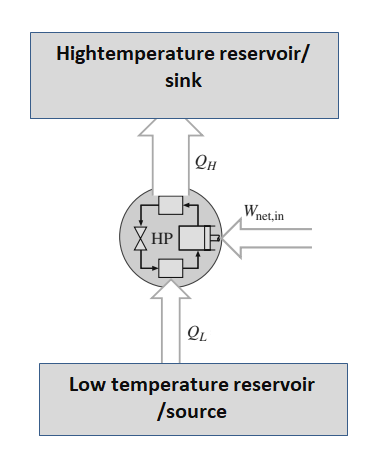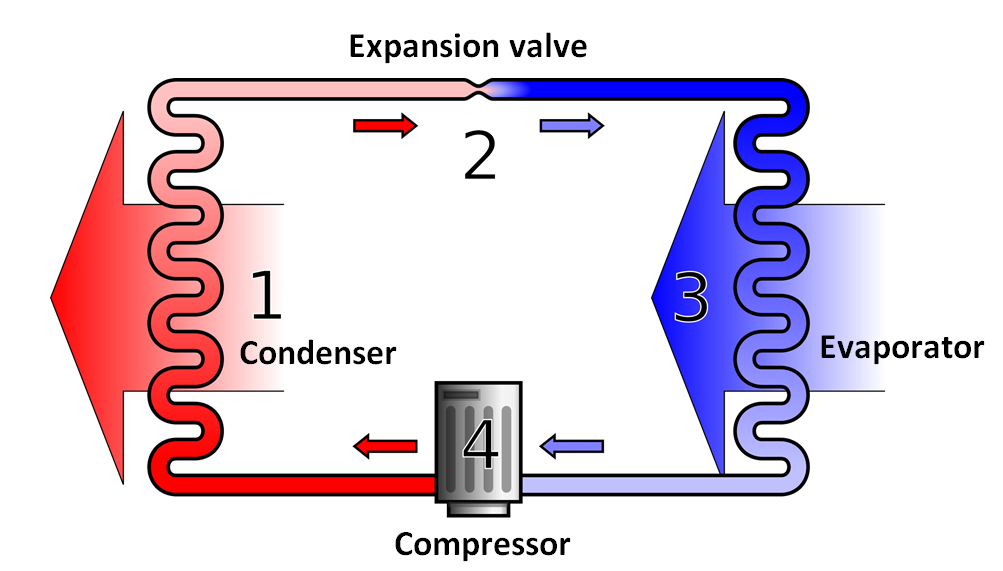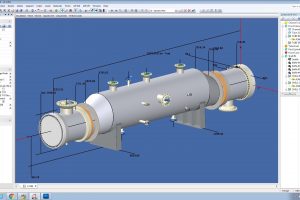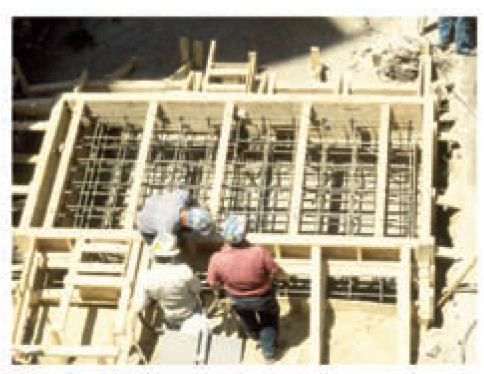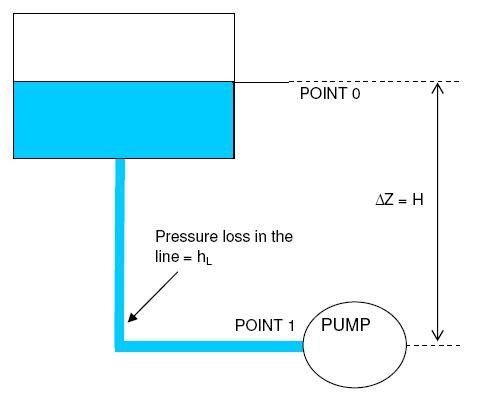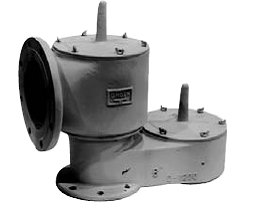A heat pump is an innovative technology that has gained a lot of popularity in recent years as an efficient and eco-friendly way of heating and cooling. Unlike traditional heating and cooling systems, heat pumps use a refrigerant and compressor to move heat from one location to another, making them a more energy-efficient and environmentally friendly option.
In this post, we'll explore the definition of a heat pump, heat pump cycle, its benefits, and drawbacks.
Table of content:
Heat pump definition
Heat pump cycle diagram
Advantages of heat pumps
Disadvantages of heat pumps
Heat pump definition
A heat pump is a device that transfers heat from one location to another using a refrigerant and a compressor. It can be used for both heating and cooling purposes and operates by compressing a refrigerant gas, circulating it through a heat exchanger to transfer heat, and then allowing the refrigerant to expand, which cools it down. They transfers heat from a lower-temperature source to a higher-temperature sink by using external energy.
Heat pumps are energy-efficient and environmentally friendly alternatives to traditional heating and cooling systems as they can be powered by renewable energy sources and do not generate heat by burning fossil fuels.
Heat pump cycle diagram
The heat pump operates by using a compressor to compress a refrigerant gas, which increases the temperature of the gas. The hot gas is then circulated through a heat exchanger, where it transfers its heat to the air or water that is being heated. After the heat transfer is complete, the refrigerant is allowed to expand, which causes it to cool down. This cooled gas is then circulated back to the compressor, where the process starts over again.
In heating mode, the heat pump extracts heat from the air, water or ground outside the building, and transfers it inside to warm up the air. In cooling mode, the heat pump extracts heat from the inside of the building and transfers it outside to cool down the air. Check this detailed post on heat pump cycle.
The efficiency of a heat pump is measured by its coefficient of performance (COP), which is the ratio of the heat output to the energy input. The higher the COP of heat pump, the more efficient the heat pump is at transferring heat.
Advantages of heat pumps
There are many advantages of using heat pumps for heating and cooling purposes. Here are some of the main advantages:
- Increased energy efficiency: Heat pumps are more energy efficient than traditional heating and cooling systems that use electricity or fuel to generate heat. They can transfer up to three times more energy than they consume, making them a highly efficient option for temperature control.
- Lower operating costs: Since heat pumps use less energy to produce heat. Additionally, because they use renewable energy sources such as solar or wind power, the cost of operating a heat pump can be even lower over time.
- Reduced carbon emissions: Heat pumps are a cleaner and more environmentally friendly alternative to traditional heating and cooling systems that rely on fossil fuels. By using renewable energy sources and reducing carbon emissions, heat pumps can help to mitigate climate change.
- Dual functionality: Heat pumps can be used for both heating and cooling, making them a versatile option for temperature control.
- Longer lifespan: Heat pumps typically have a longer lifespan than traditional heating and cooling systems, which means that they require less frequent replacement and maintenance over time.
Disadvantages of heat pumps
While there are many advantages to using a heat pump for heating and cooling, there are also some potential disadvantages to consider. Here are a few:
- Higher upfront costs: They can be more expensive to install than traditional heating and cooling systems. This is because they require specialized equipment and installation procedures, which can increase the upfront cost of the system.
- Noise: They can be noisy when they are operating, particularly the outdoor unit. While newer models are quieter than older ones, some people may still find the noise level to be a drawback.
- May require supplemental heating: In very cold temperatures, heat pumps may struggle to provide enough heat to adequately warm a home or building. In these cases, supplemental heating may be required, which can increase energy consumption and costs.
- Refrigerant leakage: Like all refrigeration systems, heat pumps can develop leaks in their refrigerant lines, which can result in reduced efficiency and increased operating costs. Regular maintenance and inspection can help to prevent this issue.
